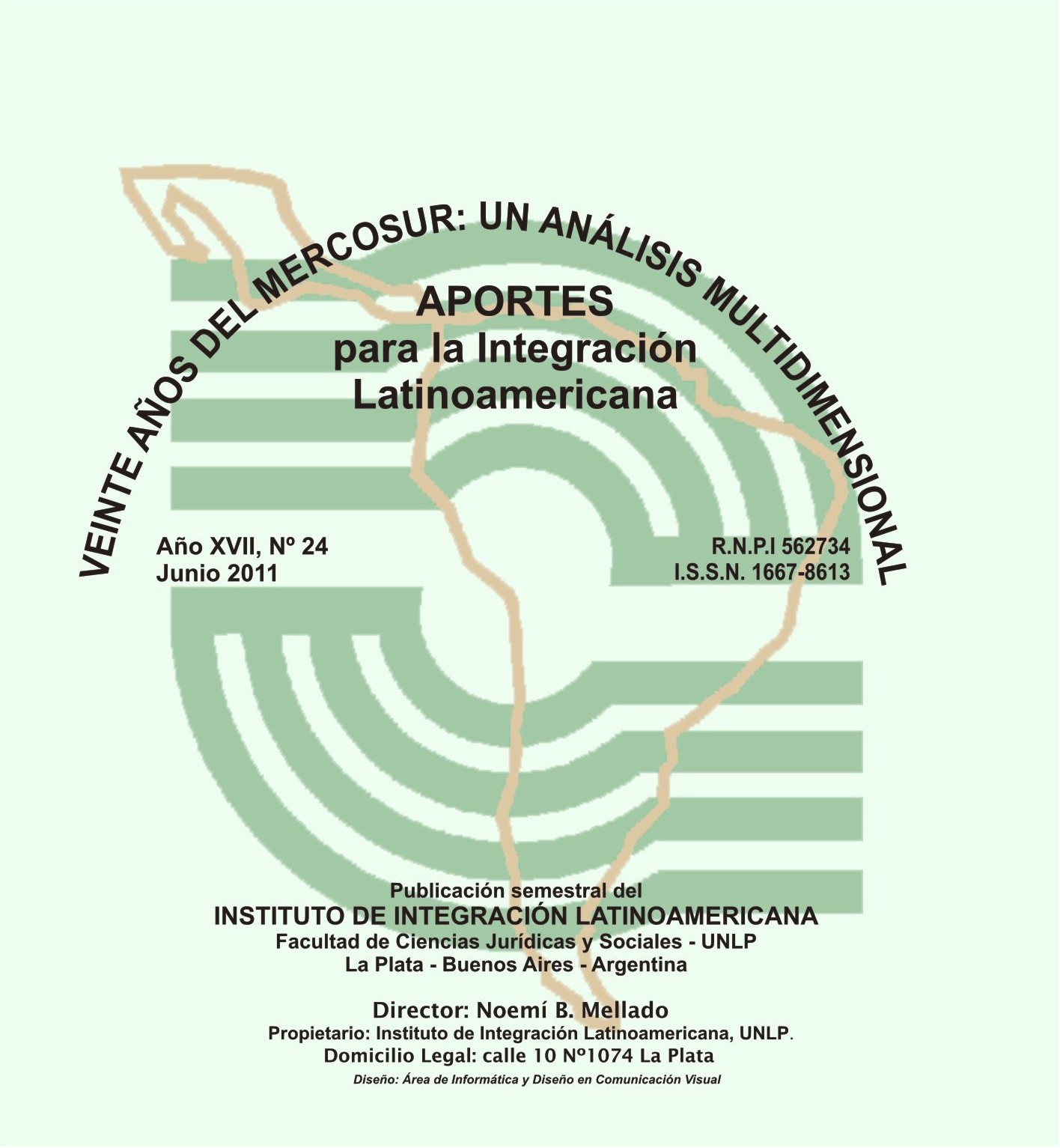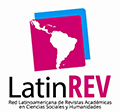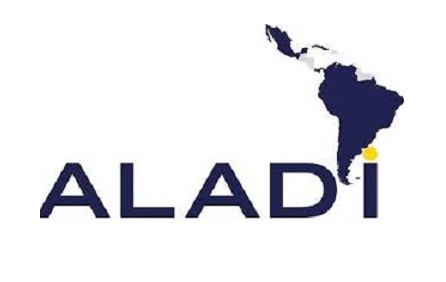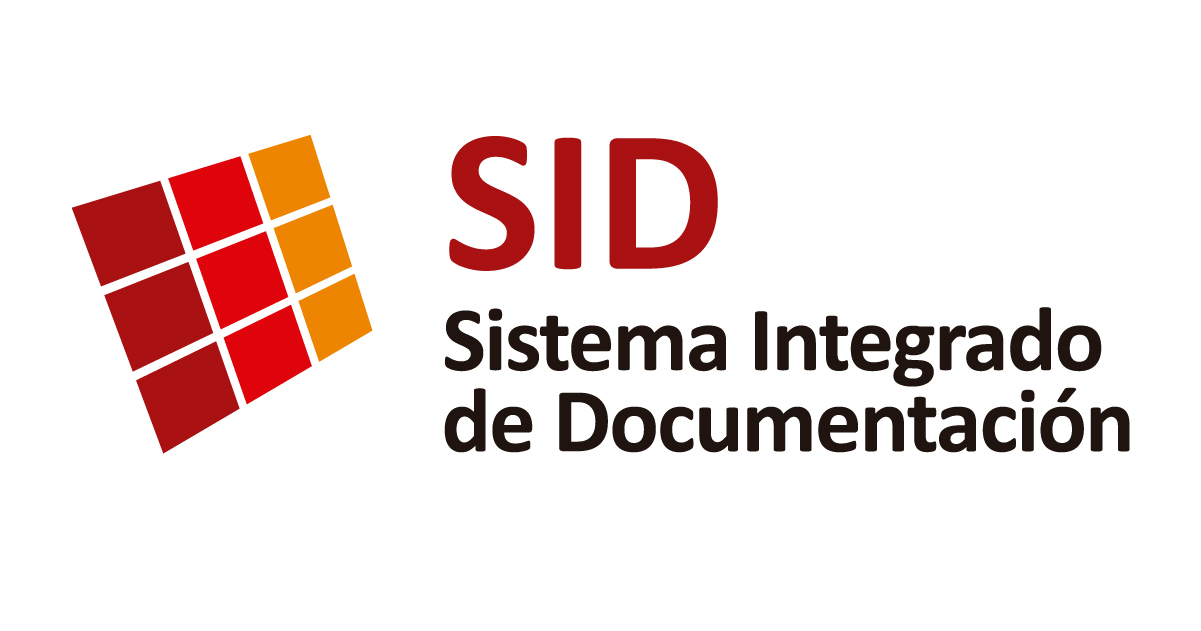Organizaciones de integración económica en América latina y el Caribe: textos vs. contextos
Palavras-chave:
Organizaciones de integración económica, Acuerdos preferenciales de comercio (APC), Acuerdos de libre comercio (ALC), Organización Mundial del Comercio (OMC), Economía global, ConvergenciaResumo
El siguiente artículo focaliza el problema de las condiciones de viabilidad para la subsistencia de organizaciones de integración económica en la región (CARICOM; CAN; MERCOSUR; SICA) bajo los renovados desafíos de la economía global. El autor examina el llamativo cambio registrado en los criterios utilizados por un reciente informe de la Organización Mundial del Comercio (OMC) para calificar y evaluar los procesos de integración económica. En particular, pone de relieve el reconocimiento sobre una supuesta “profundidad” asignada a los ahora denominados “Acuerdos de Preferencias Comerciales” (APC), cuando incorporan capítulos relativos a una variedad de cuestiones comerciales y económicas. Sorprendentemente, estos APC no constituyen mercados comunes ni uniones aduaneras, sino sólo zonas de libre comercio. Al respecto, el informe de la OMC estaría reconociendo un mundo muy diferente de aquél para el cual el Acuerdo del GATT fuera originariamente diseñado. En este marco, las dificultades advertidas en dichas organizaciones regionales de integración económica no se circunscriben a la armonización de políticas macroeconómicas. Por el contrario, aparece y se acrecienta progresivamente una disonancia entre las metas fundacionales y los peculiares mecanismos de evasión y elusión de los compromisos comerciales asumidos en ellas. Al asumir los costos de la inserción en la economía global, los gobiernos nacionales ejercen presión dentro de las organizaciones de integración económica en las que participan, que pasan a ser escenarios donde los países miembros tratan de transferirse recíprocamente los costos de aquella necesaria inserción. Los conflictos resultantes van erosionando progresivamente los vínculos de integración contraídos en el marco de dichas organizaciones. Entretanto, los mismos gobiernos actuando unilateralmente multiplican sus compromisos en el marco de Acuerdos de Libre Comercio a través de los cuales se administran las relaciones comerciales y económicas dentro y fuera de la región. Con el objeto de responder adecuadamente al desafío planteado por la referida inserción en la economía global, se sugiere una modalidad de acción distinta a la que habitualmente prevalece en el mundo académico latinoamericano. En tal sentido, advirtiendo el paralelismo de los instrumentos negociados hacia fuera y hacia dentro de la región, vale la pena intentar un ejercicio de convergencia gradual y controlada. En tal sentido, al plantear los objetivos para progresar en esa convergencia puede considerarse no sólo al régimen de origen de las mercaderías, sino a un amplio espectro de regulaciones.
Downloads
Métricas
Downloads
Publicado
Como Citar
Edição
Seção
Licença
Obras bajo licencia CC-BY-NC-ND
Esta licencia no permite la generación de obras derivadas ni hacer un uso comercial de la obra original, es decir, sólo son posibles los usos y finalidades que no tengan carácter comercial.


































